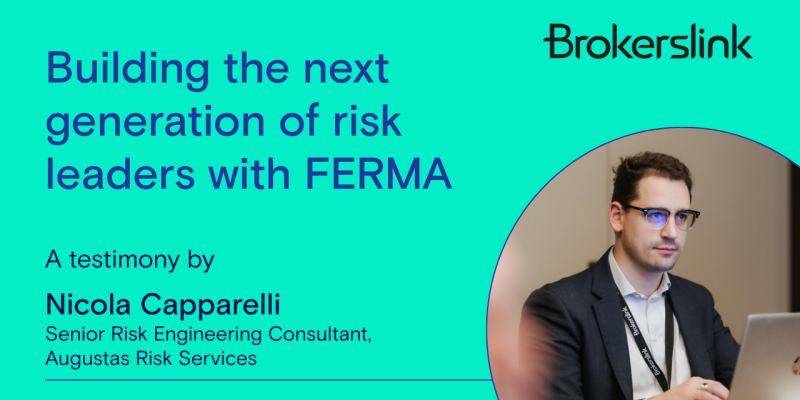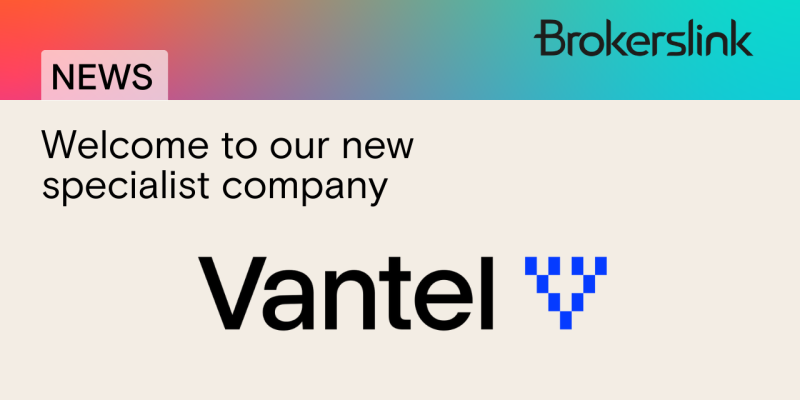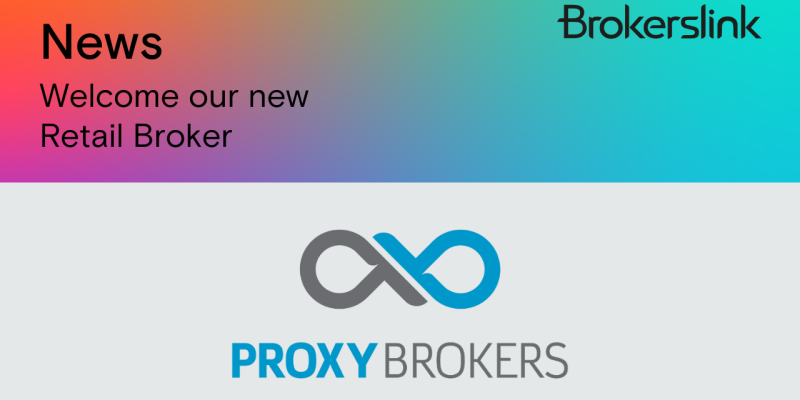The simple answer is because it affects all of our businesses.
The world is changing, and with it the risk landscape facing businesses across the world. One of the biggest priorities for companies is human capital risk and the suitability of businesses to cope with the changing culture and needs of its workforce
At the annual PARIMA conference in Tokyo last week, I chaired a panel session on “human capital risk & diversity: the workplace of the future” and it provided some fascinating insights into a rapidly changing business culture.
More than money …
Over the past few years we’ve seen an increased focus on employees and the critical importance of recruiting and more importantly, retaining a diverse talent pool that has the skills, experience and knowledge to drive profitable business growth and support the delivery of excellent service to clients. To address this, attraction strategies have begun to focus on more than just salary as businesses recognise the fact that potential employees often look for more than remuneration when it comes to choosing and remaining loyal to their employer. Strong and robust diversity and inclusion policies, well-being programmes and additional benefits such as flexible working and corporate social responsibility initiatives are all important draws for the changing workforce, without taking these into consideration, risk managers may find themselves struggling to contain the costs of rapid staff turnover as a result of a decline in employee morale.
A changing workforce …
The combination of an ageing workforce, an influx of millennials into the workplace and increased efforts by companies and Governments to ensure the recruitment of a balanced workforce means that companies are now operating with increasingly diverse teams, and rightly so. I firmly believe that companies with a diverse workforce naturally increase their performance by bringing together a range of different perspectives that improve decision-making, problem-solving and foster a culture of innovation, these are all vital to the continued success of a business. Against this backdrop, risk managers need to ensure that their business truly reflects the diverse needs of a broad spectrum of people. It needs to ensure inclusivity initiatives, flexibility in policies and an understanding of different cultures are all built in to daily office life to make sure that every employee feels supported, recognised and reflected by their company culture. Companies needs to recognise that the career goals of the older and younger generations are very different and plan for them accordingly, recognising the ambitions and progression of the younger generation and the risks of poor succession planning when older executives look to retire or scale back their work commitments.
What can we do?
Risk managers must remain alive to the notion that their employees represent their biggest capital but also their biggest risk. Without the skills, expertise and hard work of every one of their employees there is no business, so they must work in close partnership with HR to ensure a complementary approach to mitigating the risks associated with their human capital. Some key initiatives I’ve seen are;
- More proactive monitoring to better manage the workforce - identify any potential skills gaps, recognise the needs and contributions of all employees, provide training without discrimination and carefully manage career plans for millennials and women as well as progressive retirement plans for senior executives.
- Create training programs for managers to minimize unconscious bias, help them to deal with intergenerational conflicts, create collaborative teams to facilitate the seamless transfer of knowledge and expertise.
- Foster a genuinely flexible working environment and create flexible rewards and benefits packages to allow employees to choose components that meet their current needs and desires.
Human capital risk management is a necessity to prepare for the workforce of the future and secure companies’ revenue growth, so we must ensure that we are building these considerations into the day to day operation of our businesses.






